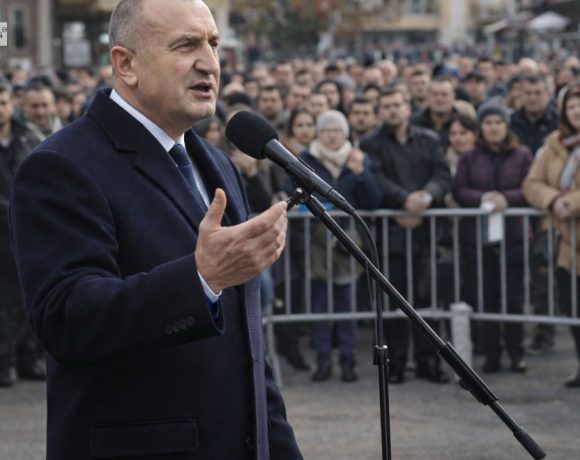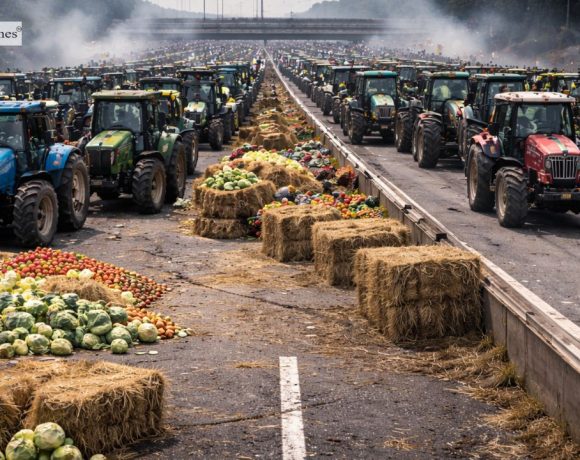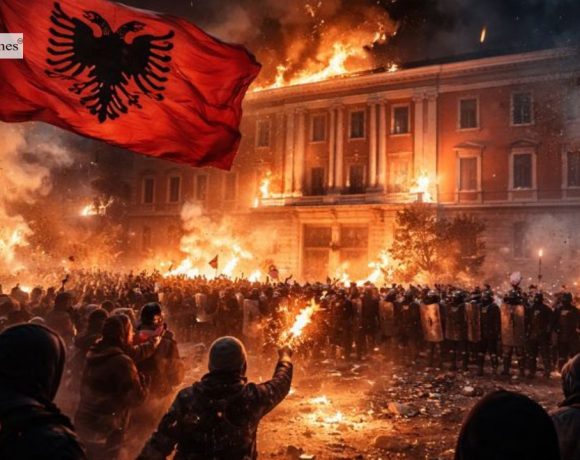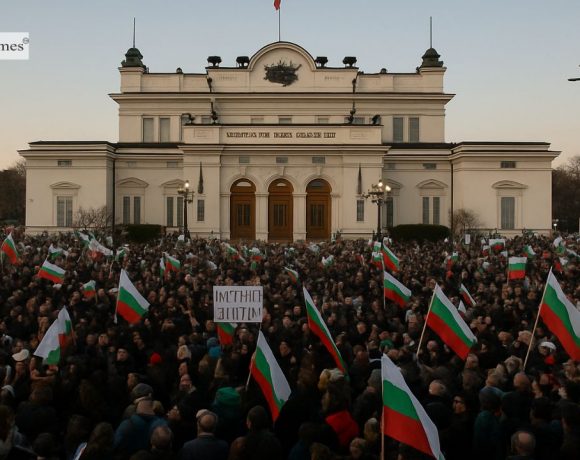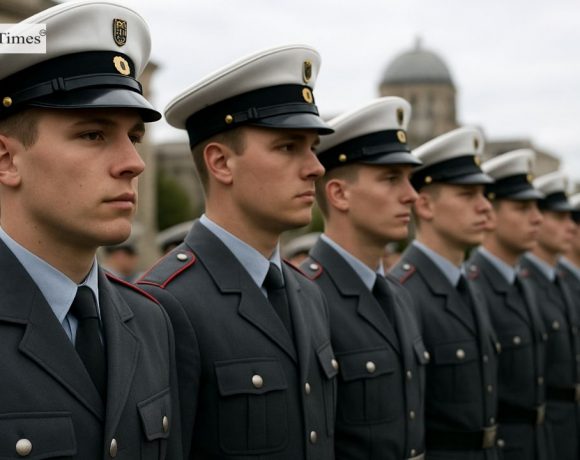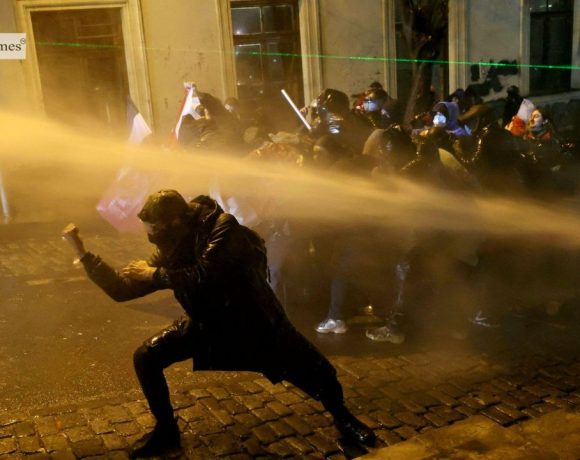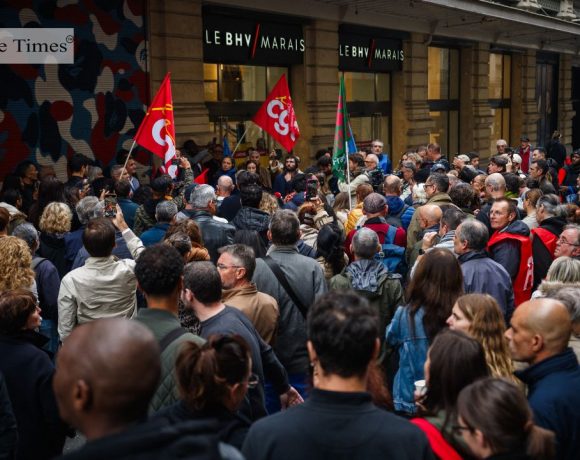
Denmark’s Prime Minister Mette Frederiksen declared that “Europe won’t be blackmailed” in response to U.S. President Donald Trump’s threat of tariffs over Greenland. Trump warned that eight U.S. allies—including Denmark, Norway, Sweden, France, Germany, the Netherlands, Finland, and the U.K.—would face new taxes starting February 1 if they opposed his proposed acquisition of the autonomous Danish territory. European leaders emphasized the importance of sovereignty and territorial integrity, issuing joint statements in solidarity with Denmark and Greenland.
Trump has justified his actions by citing Greenland’s strategic significance for U.S. security, and he has not ruled out acquiring it “the easy way” or “the hard way.” The threatened tariffs start at 10% and could increase to 25% until a deal is reached. European nations and NATO members, including the U.K., France, and Germany, condemned the coercive approach, stressing that the Arctic’s security is a shared transatlantic interest and that dialogue should be based on respect for sovereignty.
Public opposition in Denmark and Greenland has been strong, with protests calling for Greenland’s right to self-determination. Polls indicate that both Greenlanders and Americans largely oppose U.S. control of the island. European leaders, including French President Emmanuel Macron and German officials, are coordinating their responses and preparing contingency measures, including invoking EU anti-coercion instruments if the tariffs are implemented.
Pic courtesy: google/ images are subject to copyright

